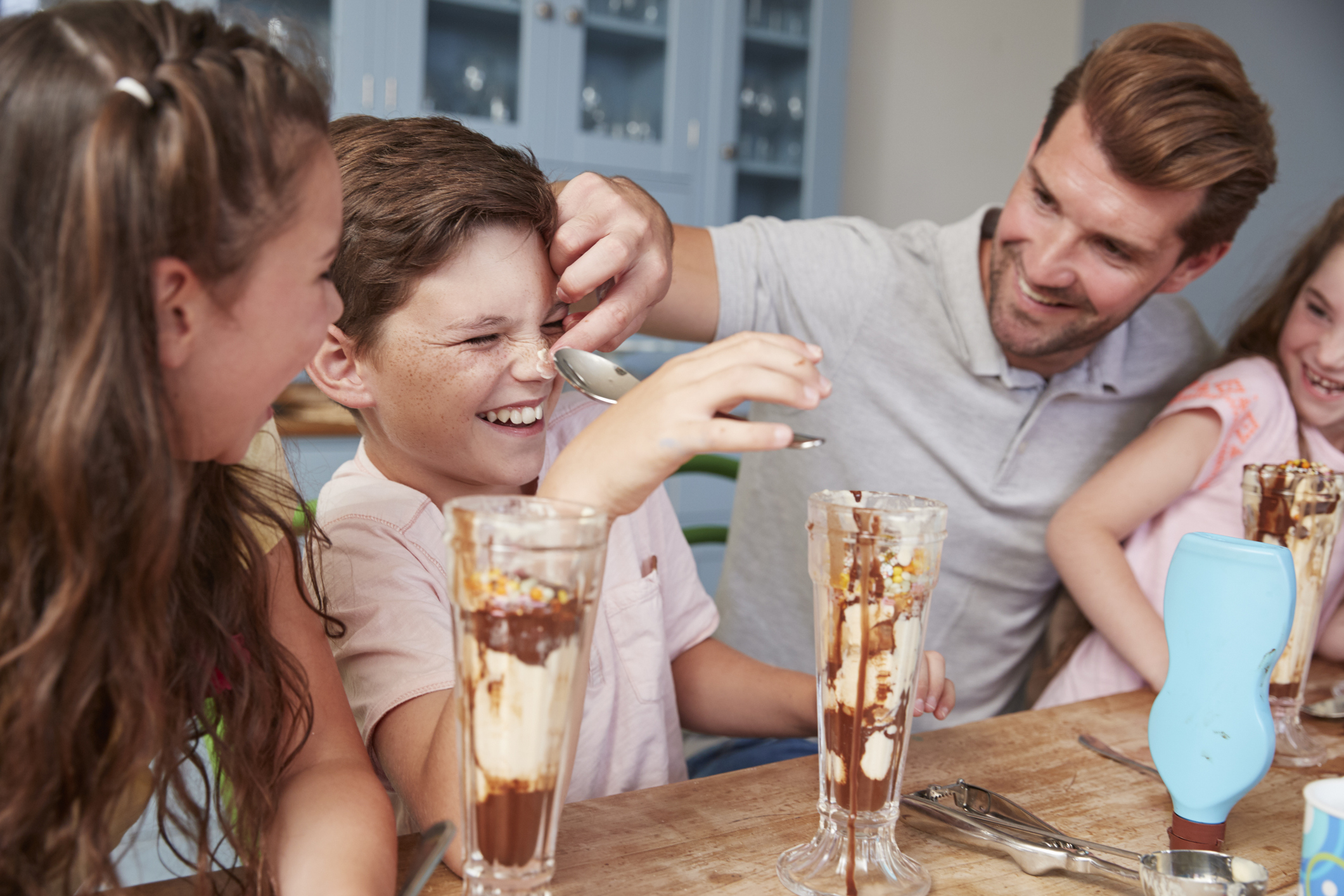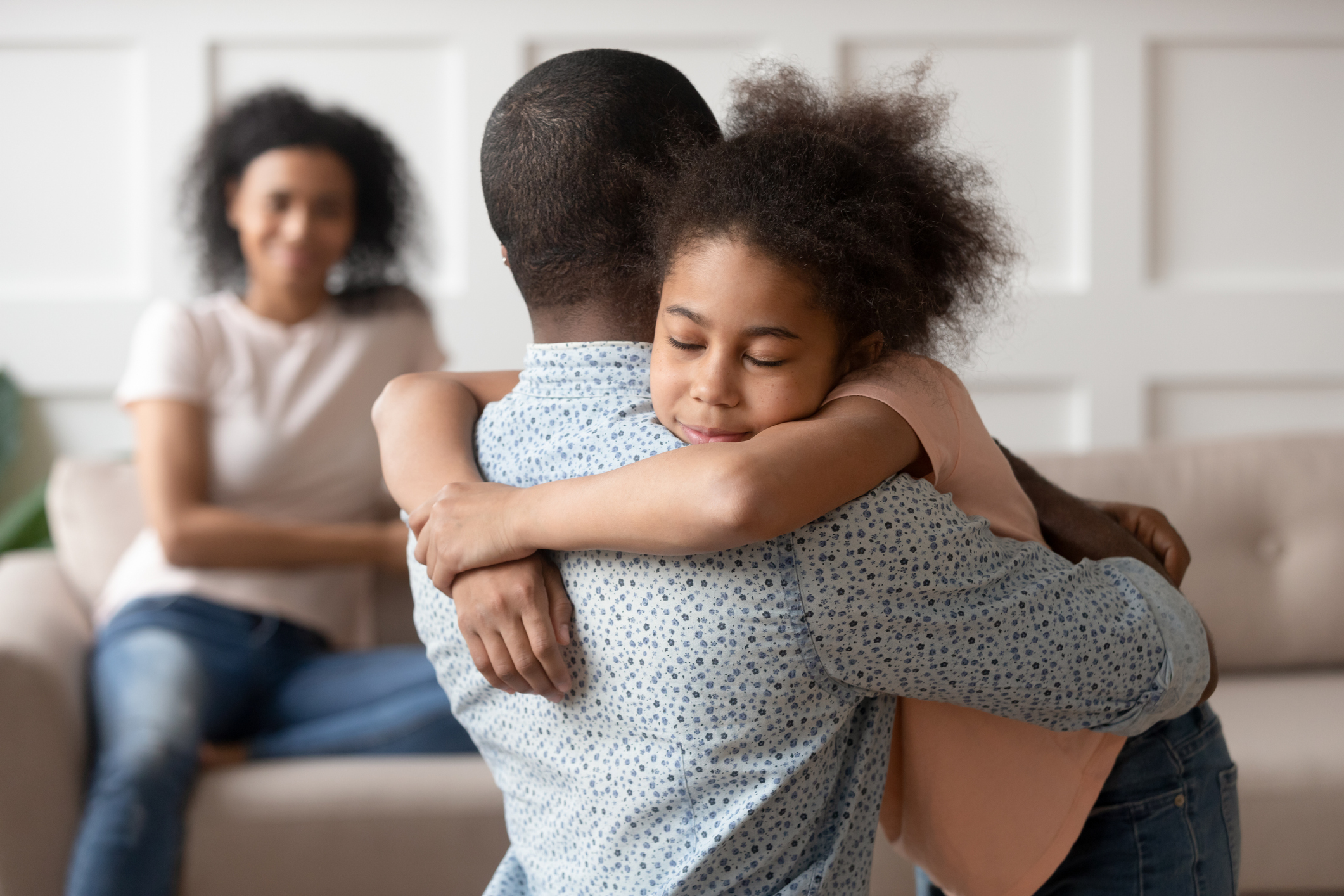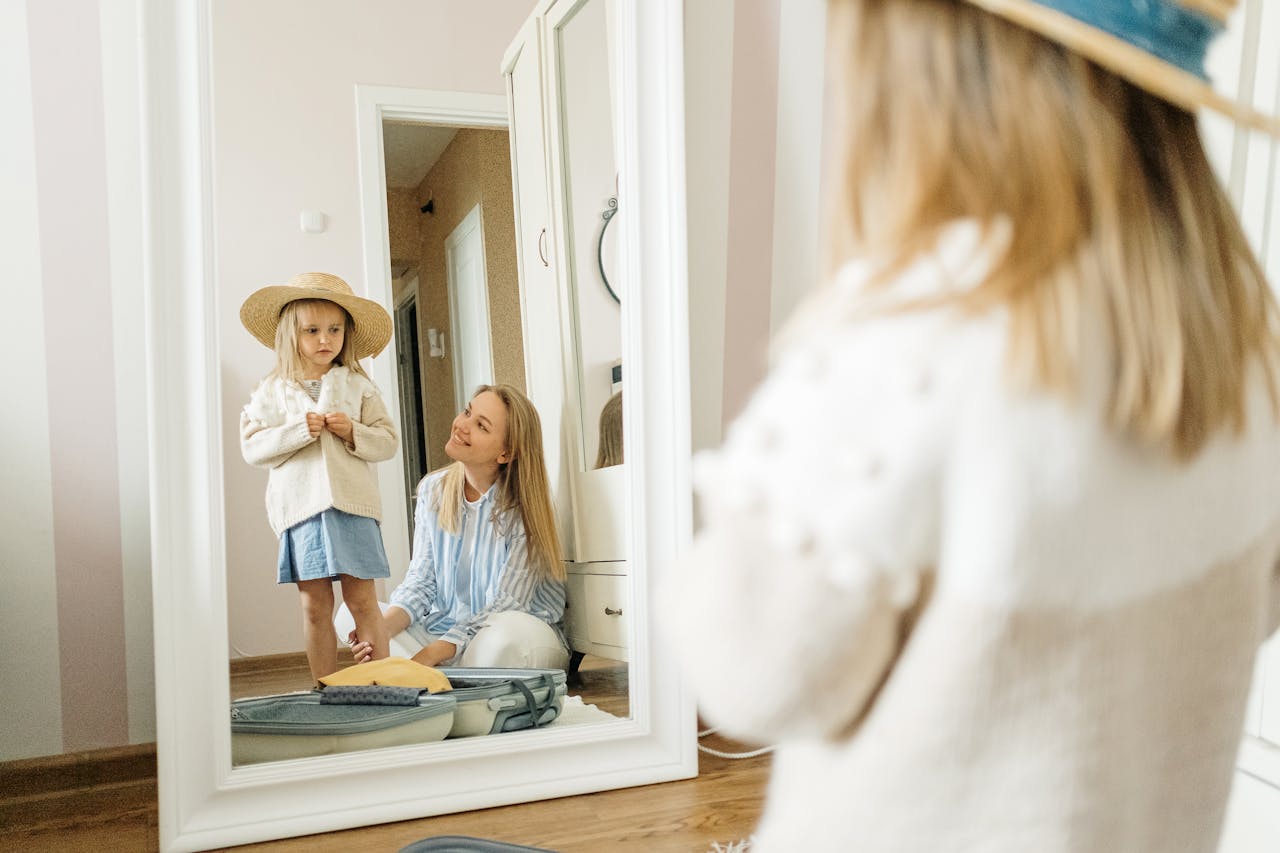
“It’s going to be okay,” I promised my wailing 4-year-old. Tell yourself, “It’s going to be okay.”
He finally took a deep breath and shakily repeated, “It’s going to be okay.”
Why was his world falling apart?
Because I’d taken some of the extra shredded cheese off his plate and put it on his younger brother’s plate.
My 4-year-old is a planner with a high sense of justice. From the time he could talk, he would stand up in his crib and demand to know what we were doing that day, and in what order.
The problem is, life rarely bows to our planning efforts.
You grab a cookie—then discover you have to eat your carrots first.
You’re going to have the best birthday party ever—but then you get stomach flu.
You practice really hard to make the soccer team—but don’t make the cut.
You get into your dream college — and have to say no, because it’s too expensive.
There’s mold in the walls of your newly-bought condo.
Your engagement busts up.
It takes years to get pregnant.
You find a lump.
Things fall apart. The world starts to look dark.
Frankly, it’s often as hard for me as it is for my preschooler. Sometimes I’m tempted to dwell in hopelessness. But while there’s a place for sadness and disappointment—even grieving—we can be assured knowing there’s a bigger picture at play:
We know that in all things God works for the good of those who love him. (Romans 8:28)
As a parent, you can see the bigger picture for your child’s busted lip or that situation with the mean kid at school; you encourage your child to trust you that it will be okay. And God longs for us to do the same. He sees the big picture with the broken relationship and lost job and chronic back pain.
He says, “I see you. I’ve got you. Trust me with your story. In the end, it’s going to be okay.”
This does not belittle your current issues or your child’s problem—but it does mean that you don’t have to stay there. It means you can have HOPE that things will get better, and you can teach your child to have hope, too—no matter how big or small the problems they face. (Keep in mind that what seems small to you is a huge deal to your child.)
This means two things :
1. Hope is a muscle you can work.
It’s a learned ability to see a bigger picture. Life experience helps us look back and see it better from where we are standing now. Practice looking for the good that has come from the bad, and find hope for the future. And when your child hits a moment or season of despair, you can help them rehearse the things they’ve faced before. The skinned knee that got better. How they finally mastered reading, even though it was so frustrating for so long. How they made new friends, even after the big move.
2. Hope is a gift.
As Paul encourages us:
May the God who gives hope fill you with great joy. May you have perfect peace as you trust in him. May the power of the Holy Spirit fill you with hope. (Romans 15:13)
When you need hope, ask for it. When your child needs hope, sit down and pray together that God will fill you both with His joy and the belief that He is at work, even when you can’t see it.
Hope can hold your moment-by-moment together when the big things fall apart. And it can do the same for your child… even when his precise dinner plan goes off menu.




